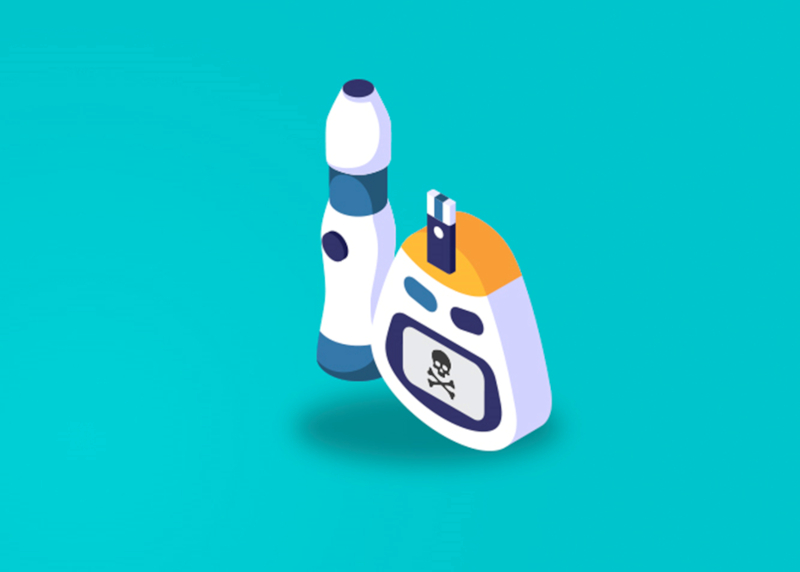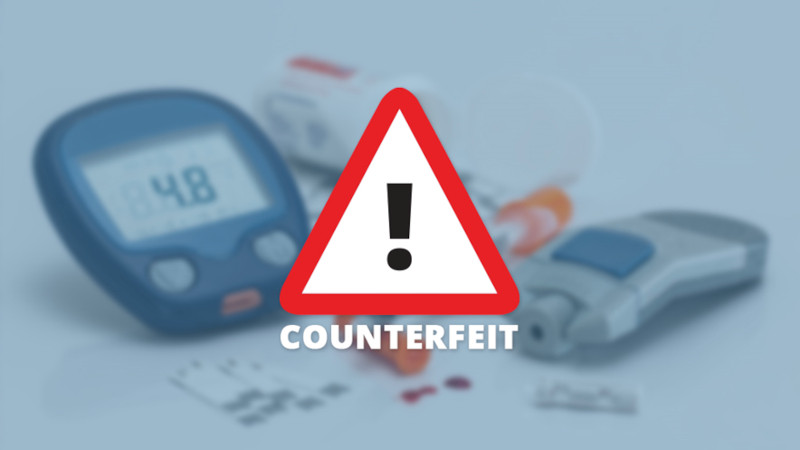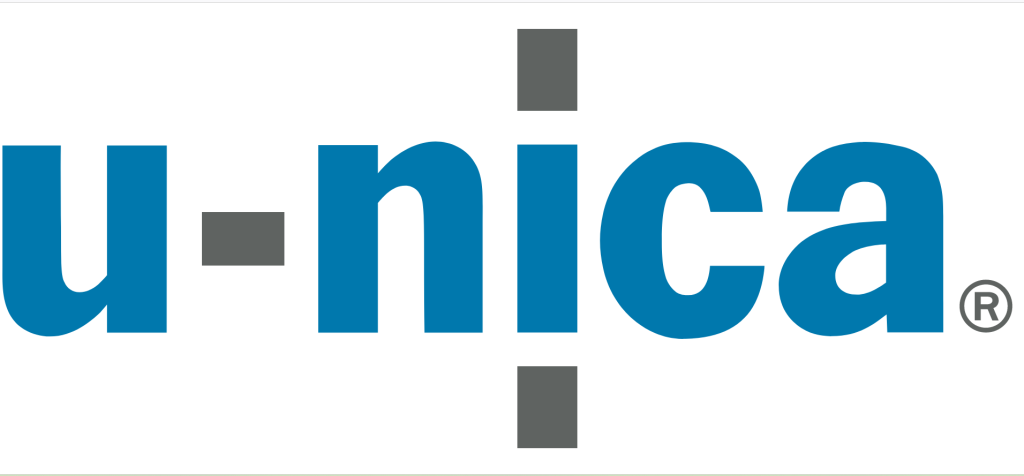
Fraudulent activity has risen to an all-time high worldwide, including the rise in counterfeit medical devices. This disturbing trend in the medical device industry is attributed to a combination of factors, including gaps in manufacturer supply chains, lack of product regulation, and increasingly advanced counterfeiting schemes. Scammers are distributing fake medical devices like pace-makers, thermometers, respirators, insulin pens, and hearing aids.
The rise of counterfeit medical devices has had a devastating impact on people’s safety and health, as well as companies’ reputation and revenue. Counterfeit medical devices are not only increasing in number, but also in level of sophistication, which can make them hard to detect.
The Consequences of Counterfeit Medical Devices
Counterfeit medical devices are not approved by the FDA and can be broken, defective or contaminated. A fake respirator, for example, won’t assist breathing properly to help people survive until their lungs can work on their own. Counterfeit insulin pens can cause pain, skin irritation, and infections. Fake thermometers can give inaccurate readings, impeding the correct diagnosis and recommended treatment of illnesses. An online scam selling fake thermometers that were hollow inside was recently exposed.
Other counterfeit medical devices can cause someone to get misdiagnosed, or even have life-threatening consequences. A fake blood glucose meter, for example, won’t give results accurate enough to determine if someone has diabetes or is pregnant. $7 million worth of aortic pumps were recalled in the US because they contained fake components. The pumps looked genuine but could malfunction, and be a cause of death.

Trends and Challenges in the Medical Devices Industry
A recent study determined that the medical devices and equipment industry is currently undergoing rapid evolution. Pressure on companies that produce Covid-related medical devices is expected to lessen, leading to increased activity in other medical services and to significant industry expansion. The global market for medical devices is predicted to have a compound annual growth rate of 5% through 2028. The medical device industry is also experiencing technological evolution in regards to collecting, curating, and analyzing patient data. Machine learning and wearable technology are becoming common industry tools.
These technological trends come with challenges. The medical device industry is vulnerable to cyberattacks. Cybersecurity attacks targeting US healthcare companies doubled in the first half of 2022 as compared to 2021. Other current challenges in the industry include: the inability to produce enough of certain medical devices to keep up with market demand, high distribution and procurement costs due to inflation, and substandard or counterfeit products flooding the market. Counterfeit medical devices not only present a significant public health threat, but they cause companies to lose money from a reduction in sales and the extra expenditure required to remove these fake products from the supply chain.
Fake products impact the entire economy. It is critical that medical device companies take anti-counterfeiting measures to protect their reputation and ensure the safety of their customers. Businesses want to make sure that their products have not been replicated, or tampered with and then re-distributed back on the market. Medical device manufacturers need to carefully examine their supply chain to determine if there are any gaps where their products could be compromised.
They also want to ensure that all packaging and product labeling is consistent with their brand. However, it can be challenging for companies to identify counterfeit products and minimize the risk of their distribution.
The Definitive Solution
U-NICA has developed sophisticated anti-counterfeiting solutions that help companies protect the authenticity of their products. U-NICA’s new Digital Security Label enables brand protection without having to make any product modifications. An adhesive label is applied to any type of packaging. Once customers download U-NICA’s intuitive app, they can easily verify the authenticity of your products. There is no need for any other specialized equipment to use this cutting-edge solution.
U-NICA has also developed surTRACE, an advanced technology that captures the microscopic anomalies on product surfaces, and records these images as unique digital fingerprints. The surTRACE app can then be used to verify the authenticity of a product just by looking at the digitally stored fingerprint.
So don’t let the recent rise in counterfeit medical devices ruin your brand’s credibility and endanger your customers’ health. Contact U-NICA today to learn more about their high-tech anti-counterfeiting solutions.

